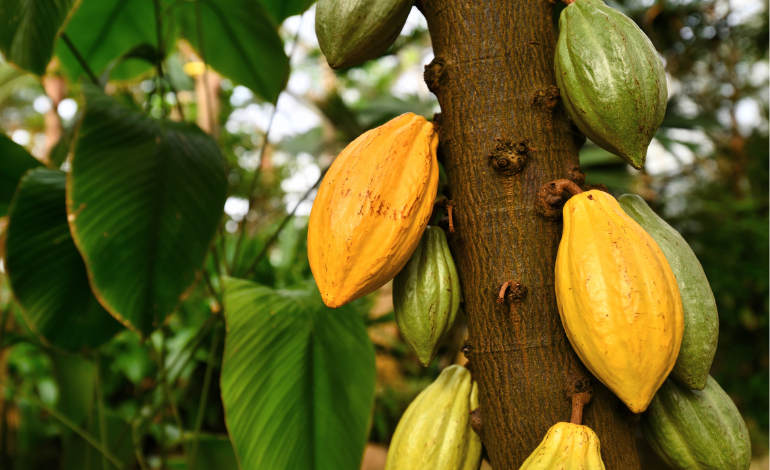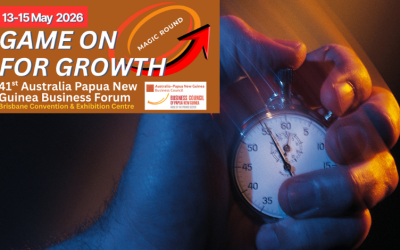The resurgence of Papua New Guinea’s cocoa industry has not only revitalised local communities but also strengthened its export ties with major markets such as Australia and New Zealand. In 2024, PNG is set to achieve record-breaking export revenues from cocoa, driven by increased global demand and strategic initiatives aimed at enhancing production quality and capacity.
A key player in this resurgence is Queen Emma Chocolate, a prominent Papua New Guinea-based company that has successfully expanded its market reach to Australia and New Zealand. With support from the Australia and New Zealand-backed Pacific Horticultural and Agricultural Market Access Plus (PHAMA Plus) Program, Queen Emma has been instrumental in promoting Papua New Guinea cocoa on the international stage. In early 2023, the company made its first shipment of fine cocoa butter and powder to New Zealand, which included 750 kg of high-quality cocoa beans from local farms. This collaboration has not only boosted the visibility of Papua New Guinea’s cocoa in New Zealand but also fostered stronger market linkages, creating sustainable export opportunities for Papua New Guinea cocoa farmers.
The Bougainville region, historically a major cocoa producer, has also seen a significant revival. With support from both Australia and New Zealand, Bougainville produced nearly 17,000 tonnes of cocoa in 2024. The region’s cocoa has gained international recognition, including winning a Gold Standard award at the International Cocoa of Excellence Award in Rome. This success story has attracted buyers from Australia, such as Jasper and Myrtle Chocolates in Canberra, who exclusively use Bougainville cocoa in their products, underscoring the high quality of PNG cocoa in the global market.
These developments highlight the strategic importance of the Papua New Guinea cocoa industry in meeting global demand and the growing role of exports to Australia and New Zealand. The continued investment in quality improvement, market access, and sustainable farming practices will be crucial in maintaining this positive trajectory and expanding Papua New Guinea’s footprint in these key markets.



